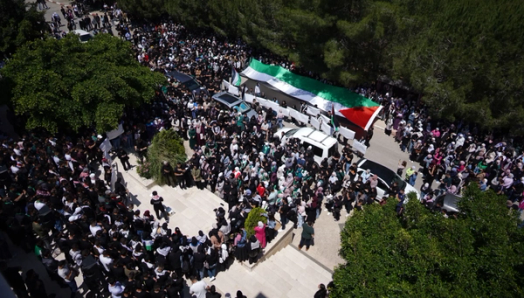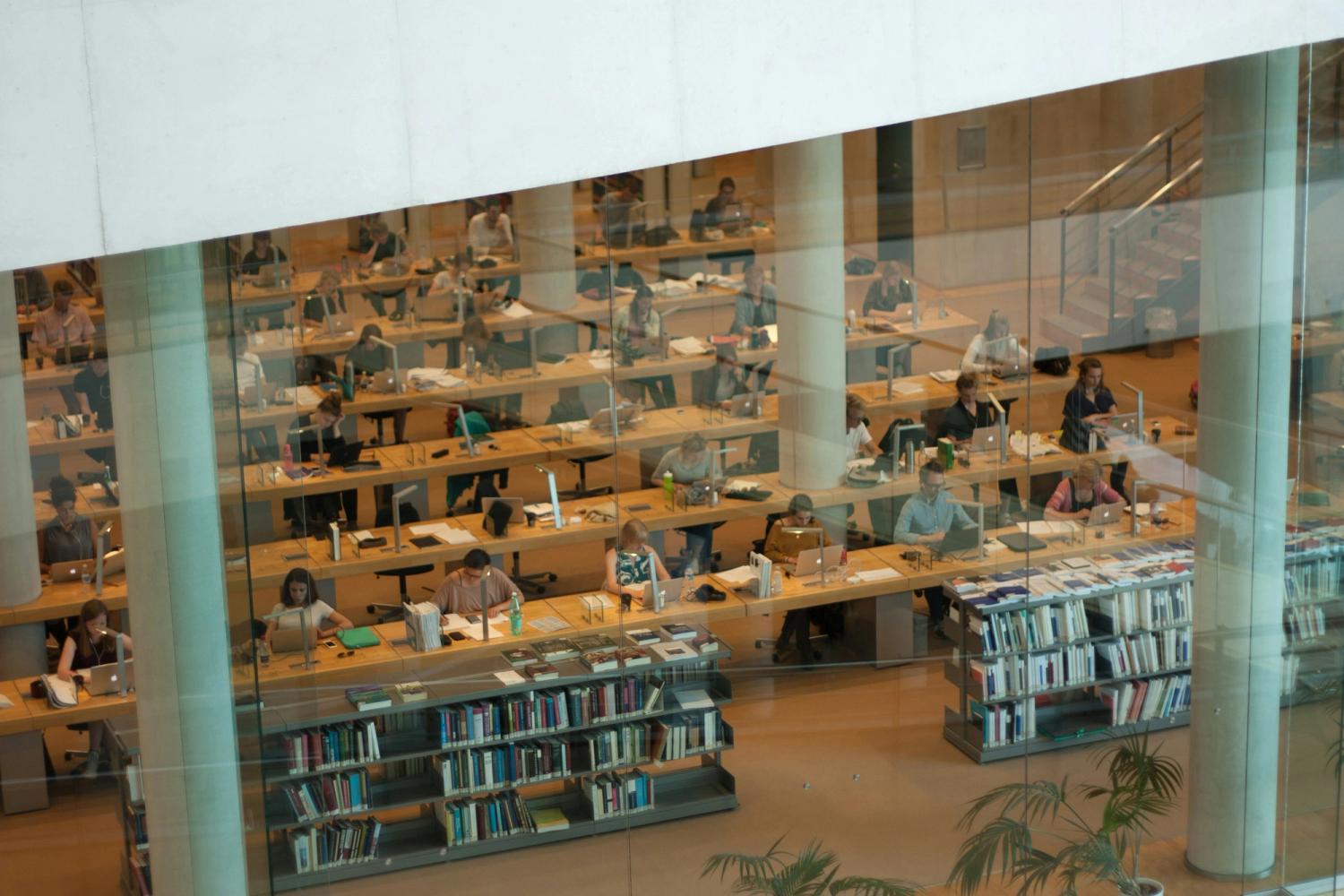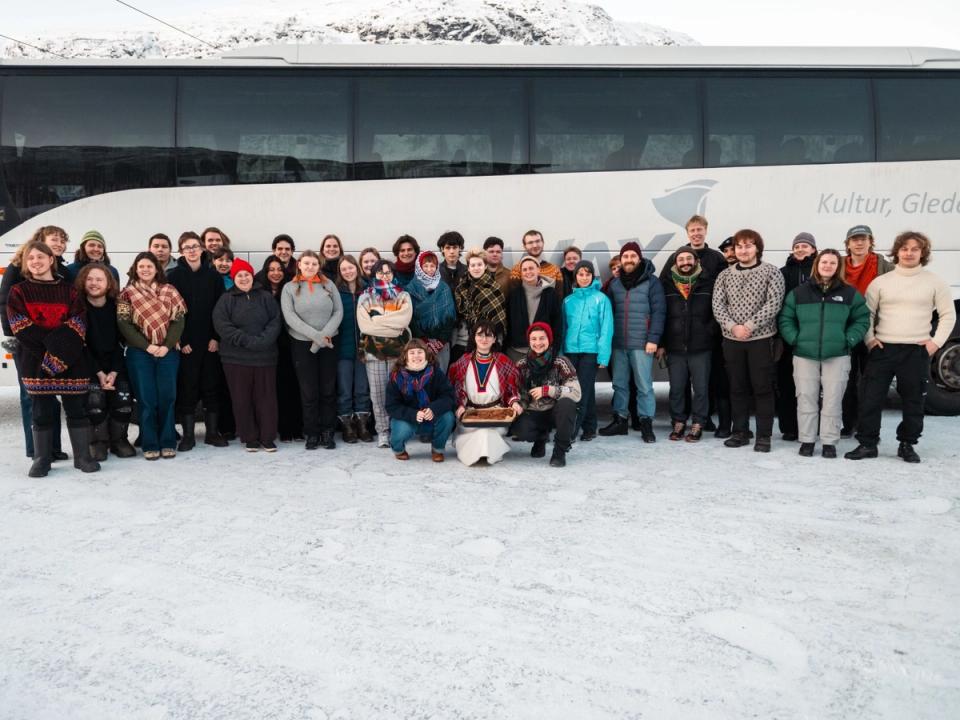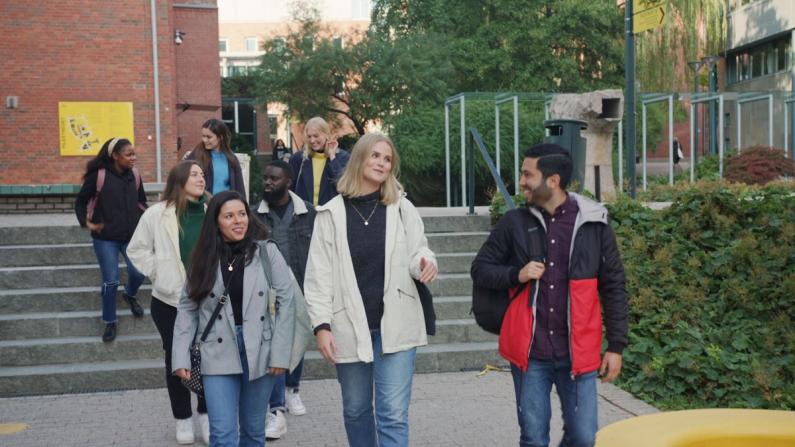Nyhet
SUPPLY CHAIN MANAGEMENT AND ENTREPRENEURSHIP ON THE AGENDA
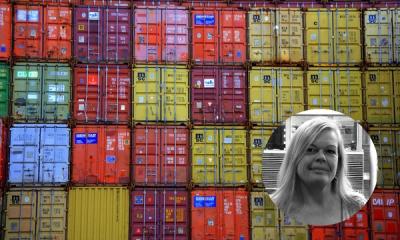
Developing countries need higher education that supports sustainable business development. More competence in Entrepreneurship and Supply Chain Management is required.
We globally produce food for over 10 billion people, but more than 10% of the world population is still hungry. This paradox illustrates how crucial supply chain management is, i.e. setting up and running efficient material-, money- and information flows for goods and services between suppliers and end-consumers.
Tanzania and Ethiopia are among the fastest growing economies in the world. They have similar challenges: A young population needing education, lack of sustainable food, health, energy, transport, and waste management infrastructures. Similarly, they have to cope with weak governance, corruption, unemployment, population growth, insecurity, droughts and famine[2]. Responding to the challenges, they invest heavily in infrastructure and industrialisation, building roads, railways, electricity, hospitals and schools. In turn, good use of the new infrastructure and more jobs require improvements in systems and processes and a forward-looking private sector: ‘Governments need to come to an understanding with business…which need to clearly understand and deliver on its wider social responsibilities in and open and transparent fashion…’
The Sustainable Development Goals (SDG) are a universal call to action to end poverty, protect the planet and ensure that all people enjoy peace and prosperity. The 17 Goals build on the Millennium Development Goals, while including new areas such as climate change, economic inequality, innovation and sustainable consumption. The goals are interconnected and form the basis for sustainable development in any country, whether developing or developed.
Supply Chains are essential components in sustainable development, albeit country and sector specific. Accordingly, one must learn from one another. Local business education as well as exchange programs are needed. Answering to this call, BI Norwegian Business School has together with Mzumbe University in Tanzania and Jimma University in Ethiopia, applied for funding to improve quality and relevance of education and research in the three countries within Supply Chain Management and Sustainable Business Development. Through exchange of master students and faculty, we want to conduct joint course revisions and development, teaching and supervision, stakeholder involvement, workshops and seminars.
INVESTMENTS IN HIGHER EDUCATION
From 1990 to 2012, primary school enrolment in African countries more than doubled to nearly 150 million. Traditionally, development has focused primary schooling. The launch of the Sustainable Development Goals in 2015, accentuated the importance of higher education. Progress and improvement in basic and secondary education comes through the training and formation of teachers in higher education. Higher education improves job creation, socioeconomic and political governance, research and innovation.
Higher education is high on the agenda in Ethiopia and Tanzania. However, companies investing in Tanzania face challenges in recruiting local workers and instead employ expatriates.
‘Youths in Tanzania represent more than half of the country’s total labor force. Yet, they are highly affected by unemployment and under employment especially among female youths. About 50% of unemployed youth had been in long-term unemployment. More than 25% of the total youth population are neither in employment, education nor in training (NEET). The challenge of obtaining experts relates to a mismatch between the skills required and the training conducted. Further, the education system has extensively failed to prepare the graduates for self-employment which turn them to be job seekers. (Emmanuel Chao, Head of Resource and Incubation Centre, Mzumbe University, Tanzania).
A key priority in Ethiopia is ensuring quality and relevance in higher education (GTP 2016-2020) and transforming the economy from agriculture to industry.
‘Ethiopia has a young population in need of education, and has established 35 new universities the last 15 years. Senior universities serve as mentors and initially also as administrators for the new universities. [Jimma University is] thus providing other universities with staff as new universities in Ethiopia are established. Support for Jimma means indirect support for the whole country. While increasing number of staff gets their PhD., there are still many young staff who need support and cooperation in revising and further develop course curriculum and educational methods.’ (Kenenisa Lemie Debela, Dean College of Business and Economics, Jimma University, Ethiopia).
SUPPLY CHAIN MANAGEMENT AND ENTREPRENEURSHIP IS CRITICAL
Similar to other countries, the private sectors of Tanzania and Ethiopia must diversify and integrate in the global economy. However, according to the World Bank low infrastructure quality can reduce business productivity by up to 40%. Heavy bureaucracy puts barriers on trade. Trucks to and from Ethiopia spend 1/3 of their time at the border for customs handling. Mombasa, the primary port in East Africa, processes the same amount of cargo in one year that the world’s most active ports handle in a week. Improving logistics is critical in both food production and non-food agricultural exports. To access regional and international markets, farmers need more cost and time-efficient transport: ‘The cut-flower business is as much a logistics as a land business.’
While farming is still the main industry in Ethiopia and Tanzania, accounting for 80% of employment, it is necessary to increase the value obtained through further processing and export. A key challenge with food production is durability. The Entrepreneur incubation programmes in Tanzania have tried to resolve part of this challenge by empowering start-ups with skills for adding value in farming products. Among these incubators are Small industries Development Organization (SIDO), Zanzibar Technology and Business Incubator (ZTBI), Sokoine University Graduates Cooperative, Mzumbe University Incubator and several others. Mzumbe University organize annual entrepreneurship camps for launching new products. The Tanzanian Government has special programs for assisting these enterprises to secure the certification under SIDO.
This transformation involves more than technical skills. Business competencies required in addition to supply chain management, include entrepreneurship, market building, procurement, development of distribution and quality control systems, securing intellectual property rights, anti-corruption, etc. Sustainable development requires knowledge and awareness of corporate responsibility from a social and environmental perspective, suggesting integration of key Sustainable Development Goals (SDG) in business education and training.
COUNTRY AND SECTOR SPECIFIC COMPETENCIES ARE REQUIRED
Supporting private sector development is an important component of Norwegian aid. So is education. Norwegian companies investing in Africa require understanding of African culture and business development. Many Norwegian business graduates will work in or with this region in the future. The official Norwegian business delegations to Tanzania (2015) and Ethiopia (2017) as well as growth in Norwegian companies’ business in the countries, illustrate the need for increased collaboration from a business educational point of view.
‘The fact that Norway explicitly claims that the focus is to shift from Asia to Africa, is positive for the Norwegian aid program’ (Caroline Dale Ditlev-Simonsen, Professor, BI Norwegian Business School).
According to the Minister of Trade and industry, priority will be on trade agreements and investments (N24, 2014)
NORPART - NORWEGIAN PARTNERSHIP PROGRAMME FOR GLOBAL ACADEMIC COOPERATION
The overall aim of NORPART is to enhance the quality of higher education in Norway and developing countries through academic cooperation and mutual student mobility.NORPART is funded by the Norwegian Ministry of Education and Research and the Norwegian Ministry of Foreign Affairs. Administered by the Norwegian Centre for International Cooperation in Education (SIU).A total of 86 applications were submitted to SIU in 2018. The applications were submitted by 17 different higher education institutions in Norway, and include a wide range of partner institutions and organisations in 26 different NORPART partner countries. Ethiopia, Uganda, Tanzania and Nepal were the most commonly represented partner countries.BI Norwegian Business School, together with Mzumbe University in Tanzania and Jimma University in Ethiopia, have applied for funding to improve quality and relevance of education and research in the three countries within Supply Chain Management and Sustainable Business Development.
